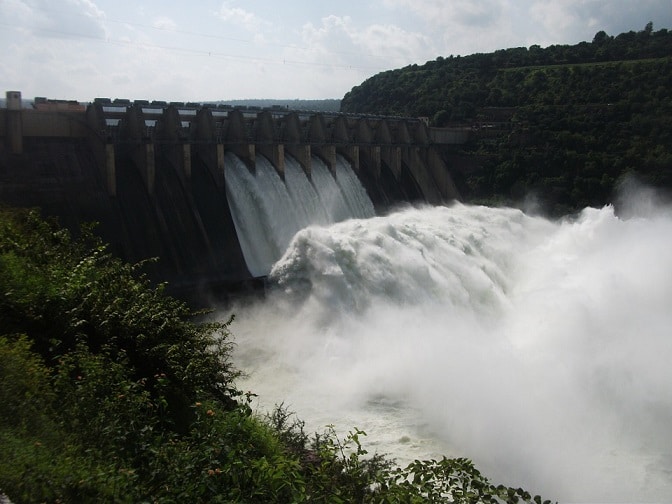 Alternative water resources such as desalination, water reuse, rainwater harvesting, and water loss reduction technology are becoming more advanced and increasingly energy efficient. Countries such as Australia, Europe, Korea, and various countries in the Middle East have invested significantly in these innovative technologies.
Alternative water resources such as desalination, water reuse, rainwater harvesting, and water loss reduction technology are becoming more advanced and increasingly energy efficient. Countries such as Australia, Europe, Korea, and various countries in the Middle East have invested significantly in these innovative technologies.
While these methods of creating more resilient and robust water supply systems are working well where they are being practised, they are generally rather expensive and beyond the reach of the very countries that have the greatest need for more reliable water supplies.
This is a huge problem for water-scarce, low-income countries who are attempting to reduce water-borne illnesses, increase food security, and improve sanitation through an improved water supply, especially in rural areas where poverty levels are high, where most of the time the areas are not connected to any water distribution network or energy grid, and where help is most needed.
Most water reuse and desalination technologies and are expensive, very energy-intensive, and often contribute to environmental degradation. The question thus becomes how these regions can improve access to fresh drinking water and improve the quality of the water without doing damage to the environment.
Developing countries need to come up with innovative approaches to water management that are more suited to their individual circumstances and which are affordable; sustainable approaches that diversify current water sources and incorporate alternative water resources. High-tech solutions are not always the answer and can actually be worse for developing countries as they can actually hurt communities more than they help them.
Many developing countries have made the mistake of managing to raise funding to build state-of-the-art facilities which subsequently failed due to there being no funding to maintain the systems. It is important that governments look closely at all solutions and ensure that the financial, energy and environmental costs do not outweigh the benefits.
There are examples where innovative alternative water resources that suit the local area have addressed the water-related challenges of contaminated surface water, dry season shortages and poor sanitation quite well. Some of these systems include the use of small-scale rural greywater reuse systems, and rainwater harvesting systems consisting of screens, settling tanks with calm inlets, UV filtration and first flush systems.
Get bottled watercooler and rent watercooler from Living-Water. Buy water coolers online and water cooler accessories in London.





